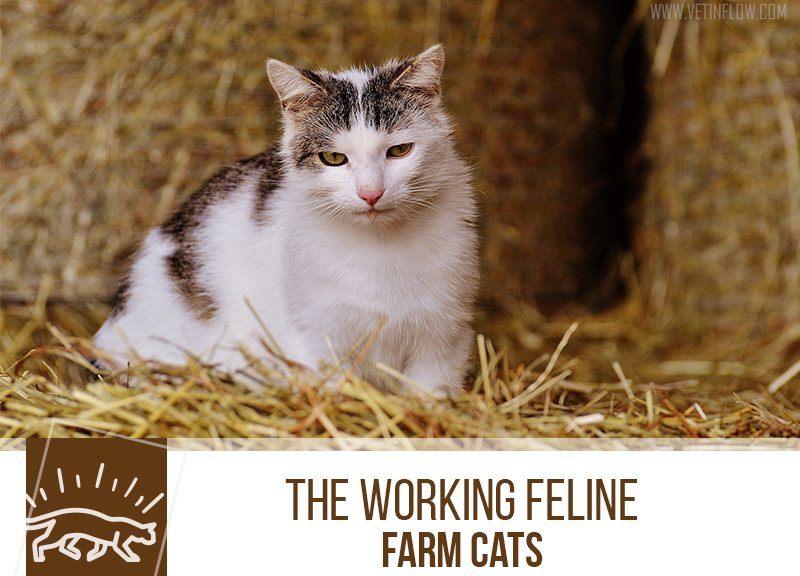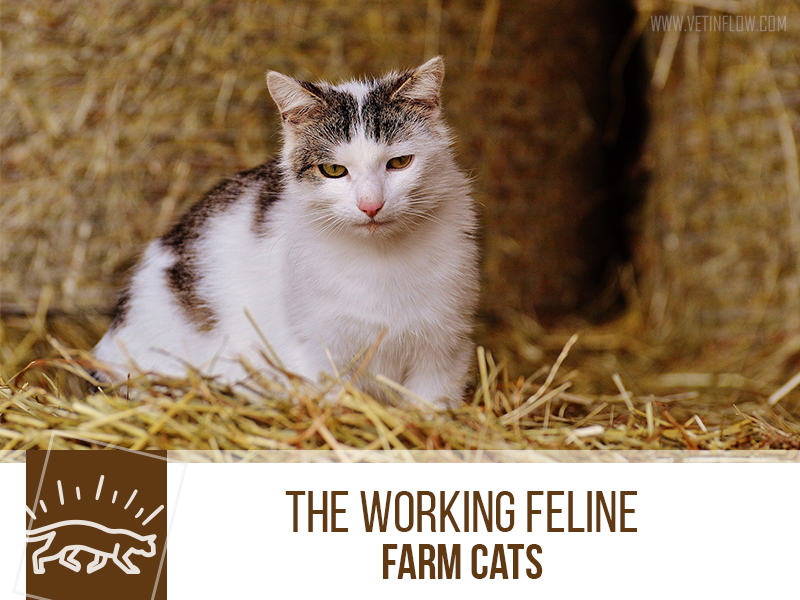Not all cats out there are looking for a comfortable lap, a spot of sunshine or to serenade their humans with cheerful meows. Some of our feline friends prefer a more distant relationship with people, so they aren’t suitable pets to keep in more restricted home environments but they still need a safe space to live.
Feral or semi-feral cats in rescue centres, shelters or just out on the street need a home as much as the fully house bound kitties and one good way to provide for their needs of low human contact while still having a support structure is by finding them a nice farm to live on.
It’s a literal millennia old tradition! Scientists believe that our agricultural roots (which attracted plenty of rodents) in the Crescent Valley about 8000 years ago were what made their wild ancestors join our lives. So, if it worked for the wild cat, it could also work for the feral cat.
The goal is to provide these cats with warm and cosy shelters, a stable supply of food, parasite control and veterinary help if needed but at the same time give them the space to approach the friendly, resident humans on their own terms.
It’s very important that these kitties are neutered and be on the lookout for issues like feline immunodeficiency virus (FIV) and feline leukaemia virus (FeLV) infections, which are typical of outdoor cats and multicat situations.
Everyone wins! Cats who would otherwise never find homes will be lovingly cared for and in return, you might just see vermin issues on your farm resolved!
Is it your farm (or stable or garden centre! They aren’t picky) that could make a feral or semi-feral cat a certified farm cat? Contact your local rescue centre or shelter and inquire about cats that can’t be rehomed to normal domestic homes.
Would you like to know more about cats? Check our Feline Courses:
Feline courses

